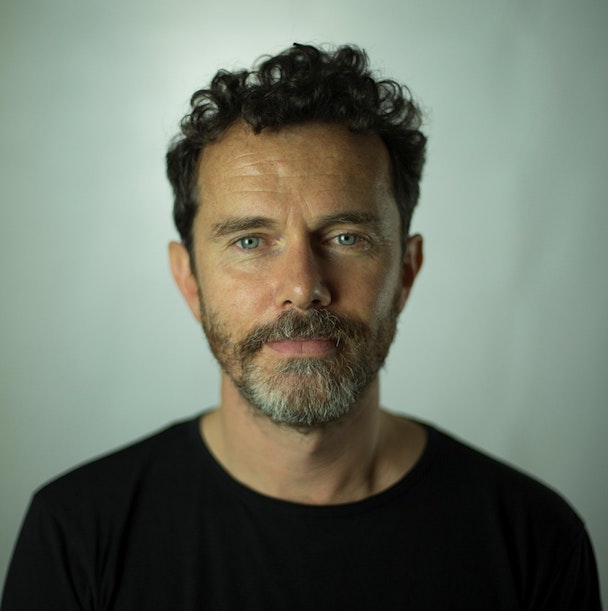Why we need to start designing endings
At a time when it seems everyone is starting up a new business, getting new users to start a new account, buying new hardware to achieve access to new services, I want to tell you why we need to start considering endings.

There is compelling evidence to suggest that we have lost a vocabulary around how to end our consumer relationships. Common to some of society's biggest problems is the need to try and stop what we have started. End what we have begun. We cannot continue to be serial new starters in this world, which is buckling under the effect of consumption. It will be important, if we are to solve these issues in the future, to end things appropriately – with minimal negative consequence. We need to start designing endings.
Many other human made experiences have a start, middle and end. We can clearly see this in narratives such as film, books, or games, that stimulate thought, meaning and a message to the viewer, reader or player. But in consumer experiences, after we have used a product, exhausted a service, or given up on the latest app, we fail to acknowledge that ending. And so we lose access to a process of reflection, meaning and responsibility around consumption. An erosion that has had significant impact on our society and, I argue, fuels the ills of consumption.
We can see examples in the issues all round our consumer landscape, whether in the fields of digital, services, or products. The impact has been a chronic oversight when it comes to endings in consumer experiences.
Nearly 30 years of climate change discussion and we still fail to accept the implications of avoiding the end of our carbon consumption.
‘Right to be forgotten’ is the ambitious law of the European Union that attempts to protect a person's rights of anonymity in a digital world where people are unable to remove the content we have been encouraged to share.
Revenge porn, rising anxiety rates in young adults and increasing use of VPNs are reactions from a digital society that lacks a manageable conclusion to their digital content.
Without a vocabulary or shared methodology to safely dispose of our electronics, we hoard them in drawers and cupboards around our home. Only 12.5% of e-waste gets recycled, despite an increase in sales of consumer electronics and a faster turnover of usage.
Our homes are cluttered with, on average, 300,000 items. Instead of ending these product relationships we prefer to delay the inevitable decision by investing in off-site storage – the largest growing real estate sector, according to the New York Times.
We fail to consider endings in services that specifically deal with the end of our lives. In the UK we have on average 11 employers throughout our career, and each may provide us with a pension pot. According to Age Concern, 1 in 4 of these goes missing through the failure of business to deliver at the end of the consumer lifecycle.
The repulsion to endings isn’t the result of hard-nose business logic. It’s a deep societal issue, and its essence has been hundreds of years in the making. From the shock of the plague in the 14th century, to the emergence of the protestant religion. From the removal of organised fasting to the distancing of our relationship with death. Out of these changes a societal framework has emerged that endorses consumption and blinds us to acknowledging consumer endings. This has left us paralysed when we need to deal with the negative consequences of consumption.
My book Ends, which is released today, presents a journey through history and social change. It defines what a 'closure experience' is, and how we can benefit from using this definition in reducing the negative consequences of consumption. It provides examples across industry sectors and shows how, as product creators and designers of all sorts, we can challenge the status quo of avoiding endings in consumer experiences.
It makes some surprising statements around our approach to environmentalism, and suggests new ways to approach this critical problem. It challenges the narrative of business being to blame for the ills of consumption, and offers a new story in its place. It provides practical steps to engage consumers and providers; encouraging them to embrace endings as a source of reflection and to ignite a sense of shared responsibility in consumers for their consumption.
Joe Macleod is a former head of design at ustwo studio. His new book, Ends, is available from Amazon from today

